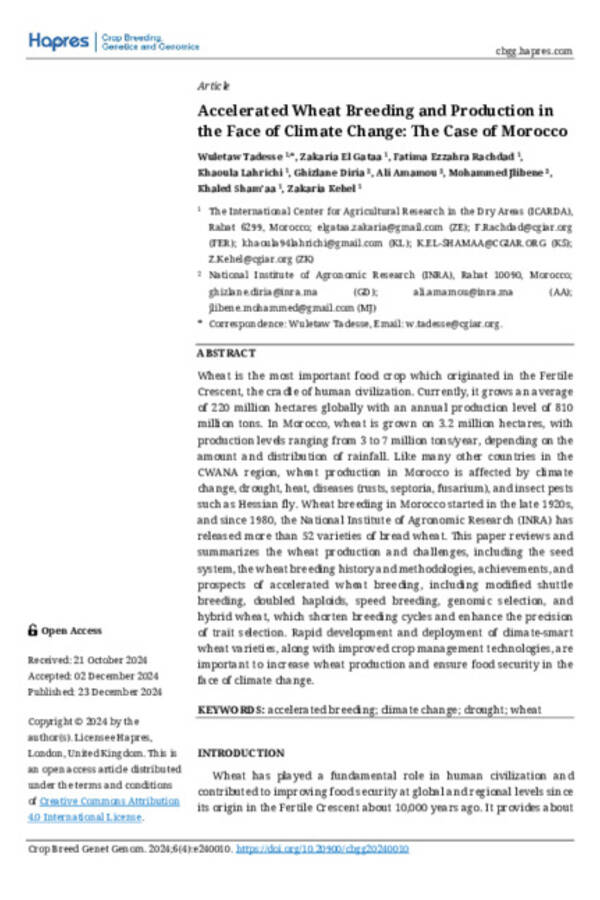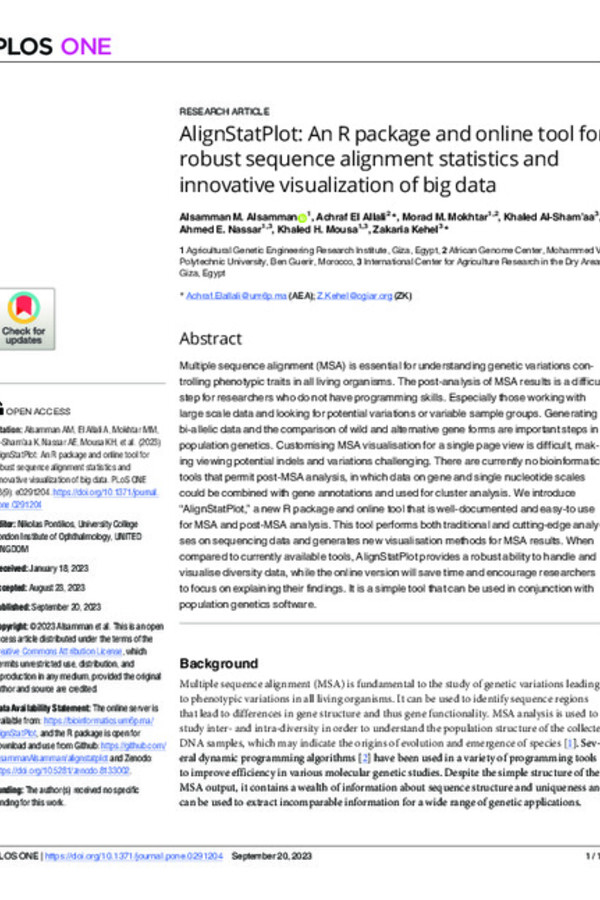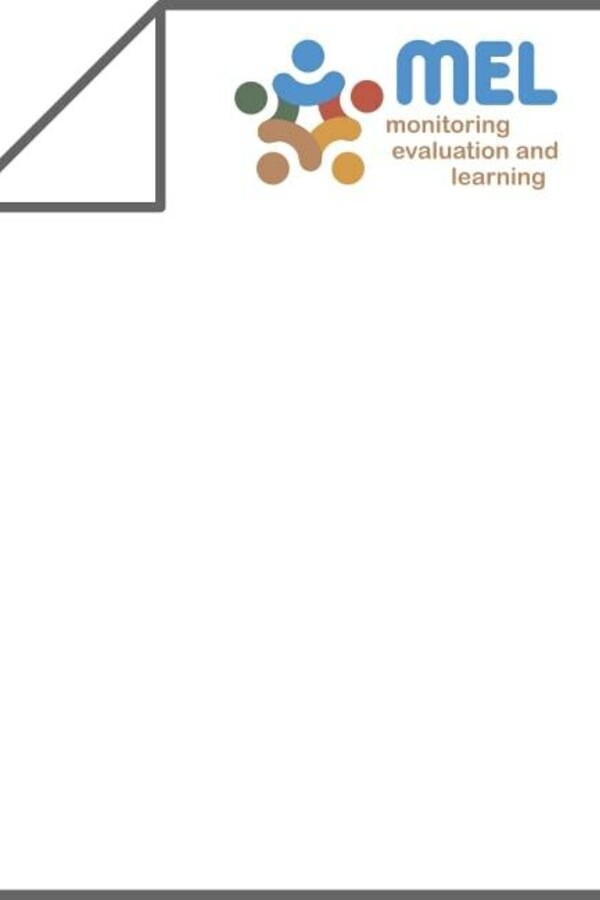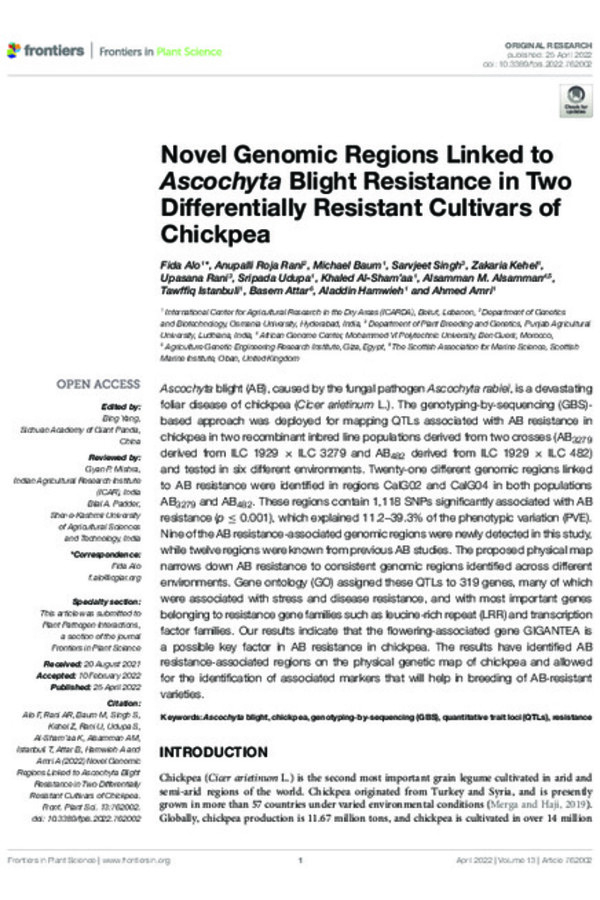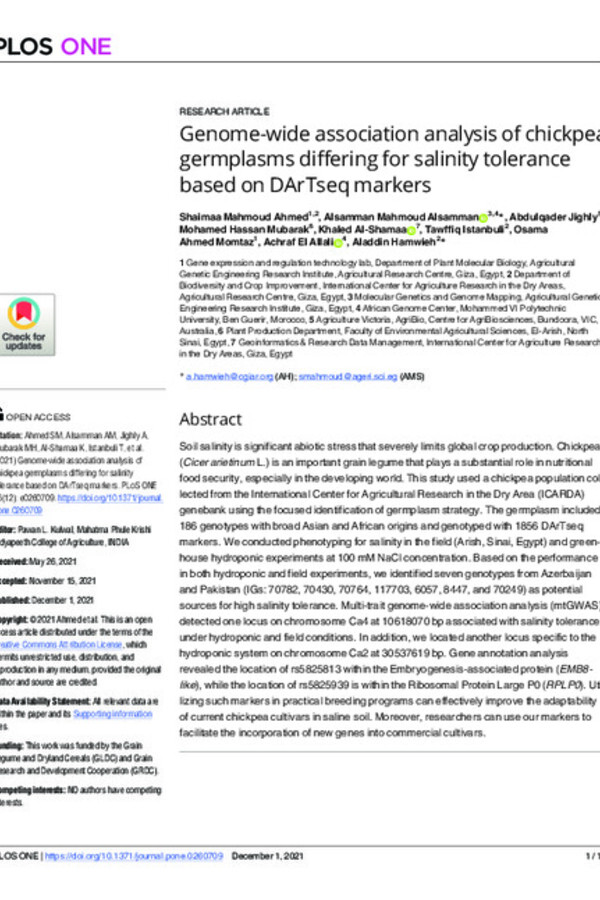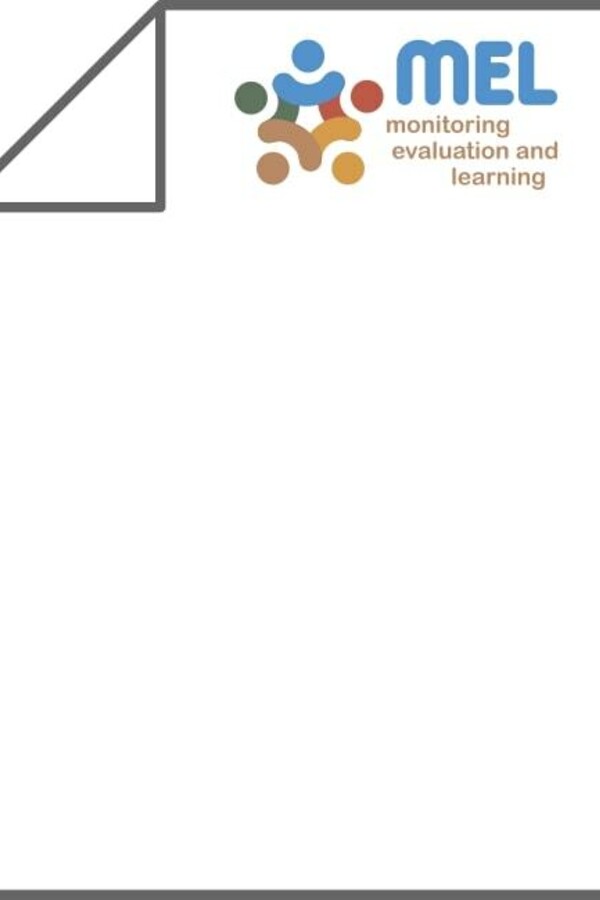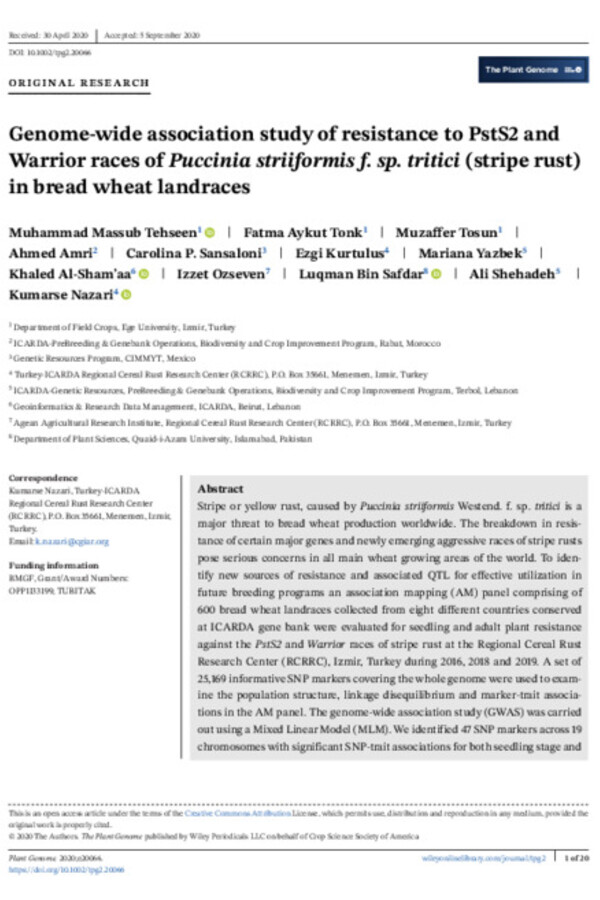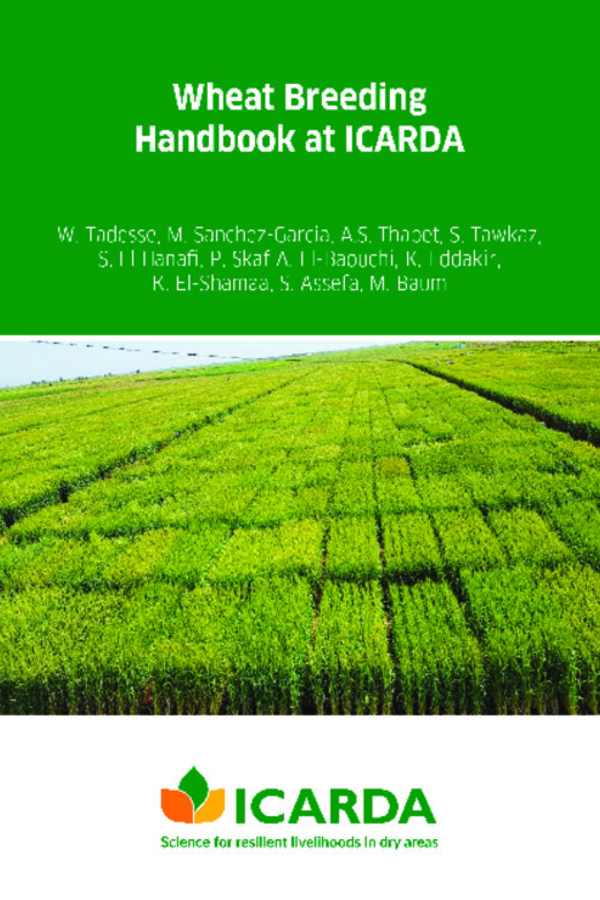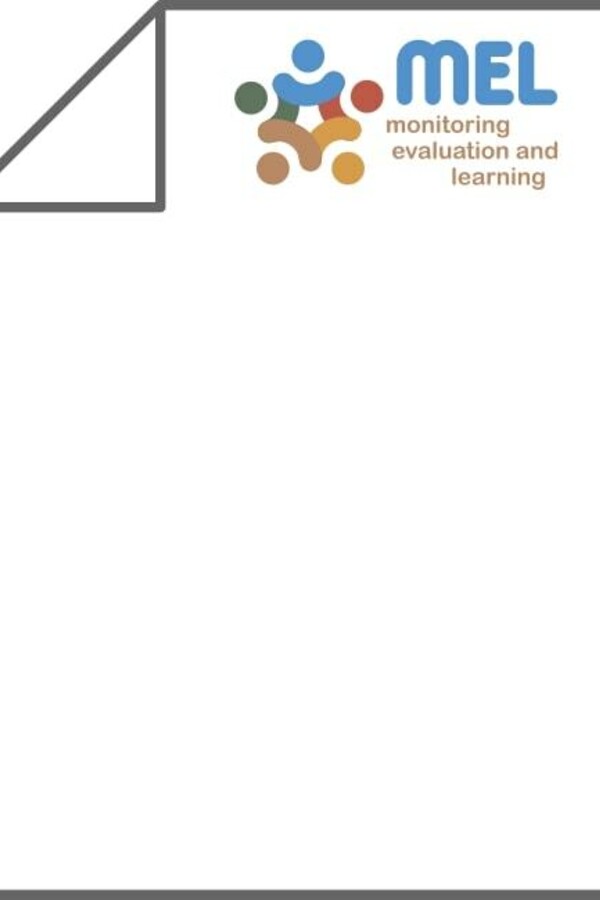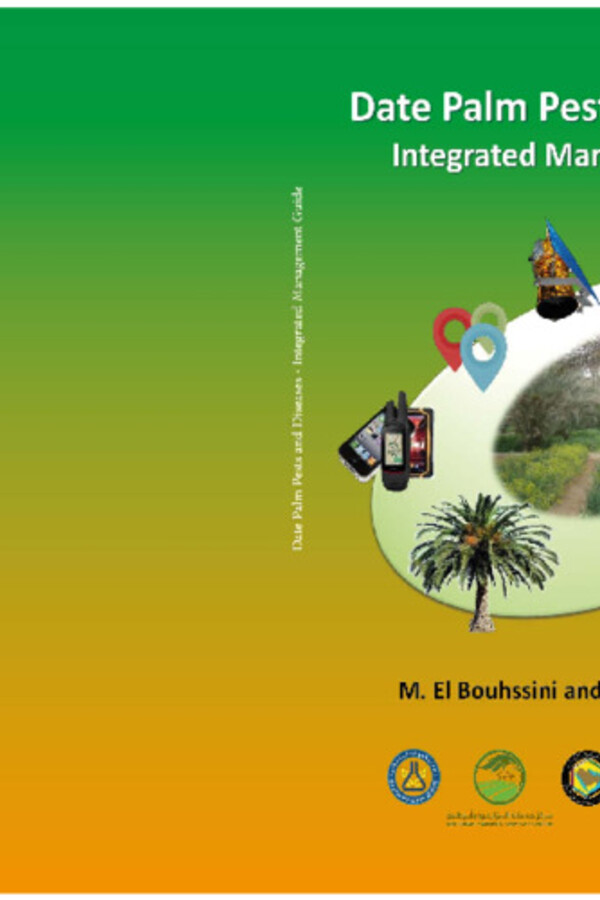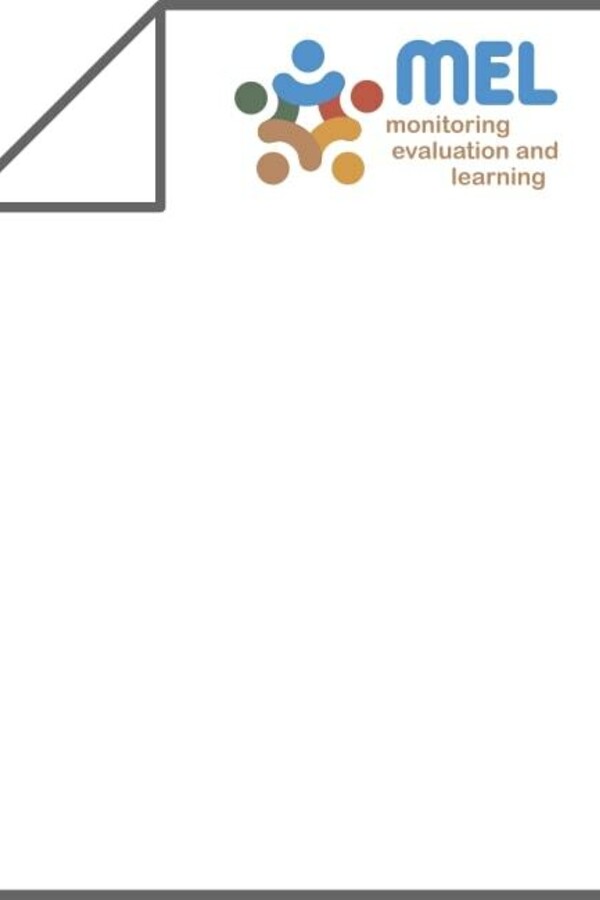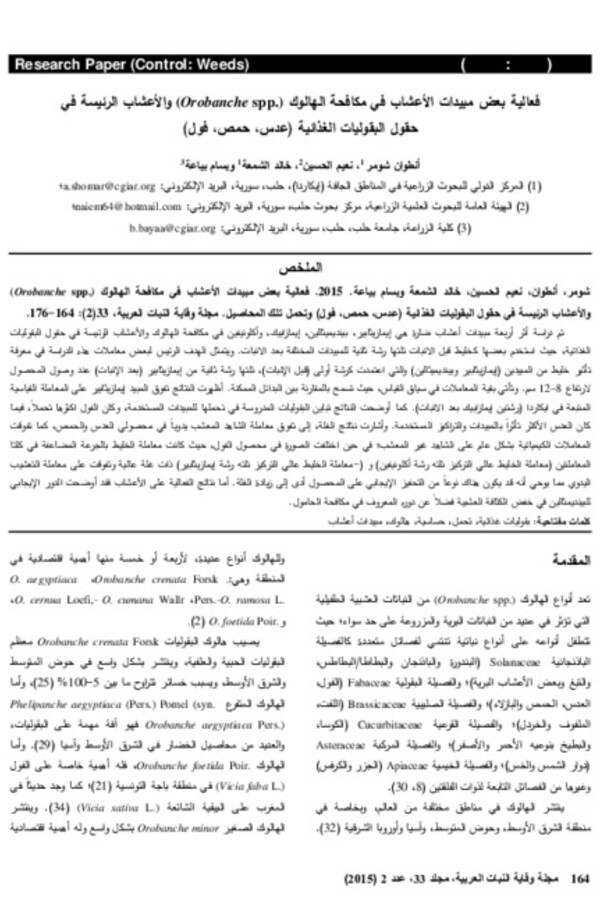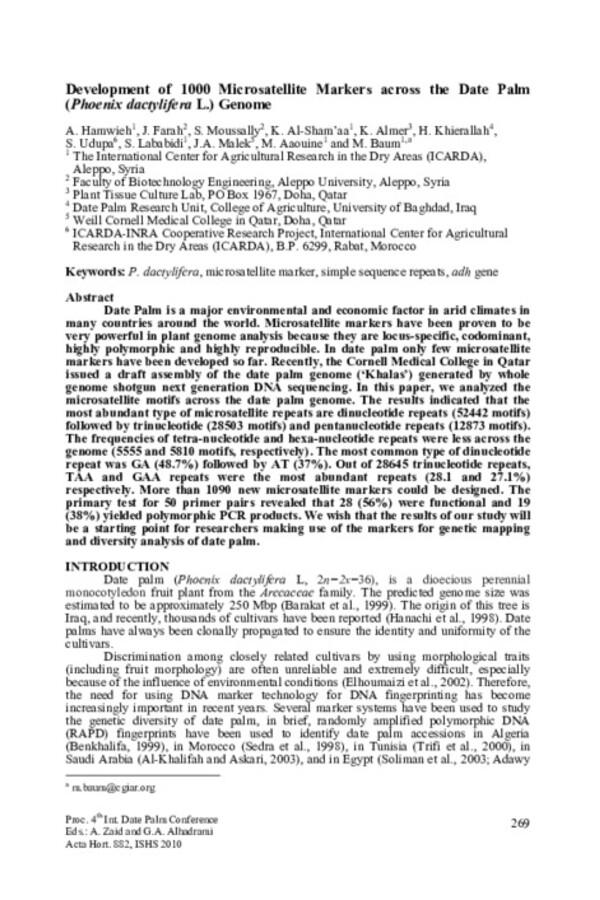
Khaled Al-Shamaa is a Research Database Manager and Senior Analyst at ICARDA with extensive experience in statistical design, data validation, analysis, and reporting on agricultural research experiments and large-scale surveys. His research interests include statistical analysis, remote sensing, bioinformatics, machine learning, and cloud systems for agricultural research. Joining ICARDA in 2002, Khaled has contributed to developing and implementing several web applications and database systems.
He has conducted over 50 courses in 21 countries, attended by more than 900 trainees, and contributed to many Open-Source projects, including the R Shiny framework from RStudio, ASRgwas from VSNi, and the Android Fieldbook application. Khaled has co-authored 46 publications, including 14 scientific papers, 11 books and book chapters, and 21 technical publications. In 2012, he was a team member awarded the Khalifa International Date Palm Award for the most distinguished research/studies.
Khaled completed his B.Sc. and earned a diploma in computer engineering from Aleppo University. He also earned a certificate in data science from Johns Hopkins University in the United States and a certificate in statistics for biosciences from Oxford University. He is currently developing the QBMS R package that enables the analysis pipeline to query and retrieve phenotypic and genotypic data from different breeding management system(s) like BMS, BreedBase, and GIGWA using BrAPI calls.

